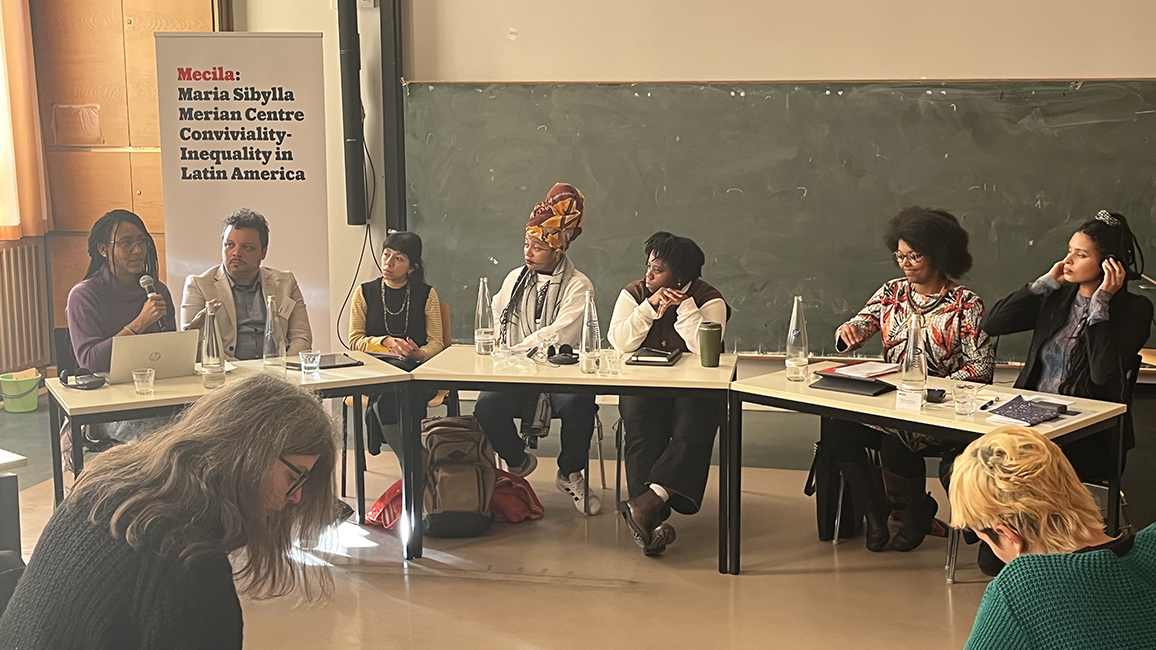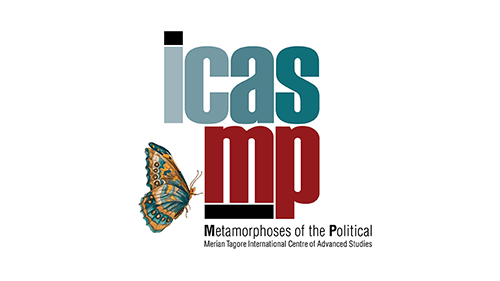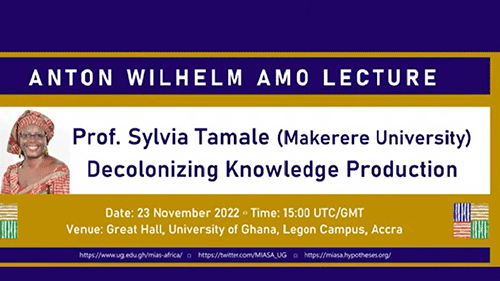The regions and societies of our world are intertwined, whether politically, economically, culturally, socially, religiously or even digitally. Researching, documenting and interpreting these interconnections is a core task of Area Studies. With their knowledge and interdisciplinary collaborations, which are regionally and thematically focused, they contribute to a better understanding of current and historical developments.
With the funding guideline (Federal Gazette of Sept. 24, 2019), the Federal Ministry of Education and Research (BMBF) supports the theoretical, conceptual, methodological and empirical further development of Area Studies. Starting in April 2021, eight collaborative projects and four individual projects will receive funding of around 20 million euros for an initial period of three years. Area Studies also play a role in such funding programmes as “Käte Hamburger International Centres” and “Merian Centres”. In addition, they are represented in the Small Disciplines, which the BMBF also supports.
An important goal of the funding is to disseminate scientific findings in the academic world and beyond. The funded universities and non-university institutions will therefore be organising various transfer formats over the next few years: They are creating streams, opening blogs and presenting impressions of their work on Instagram and other social media. Likewise, the classic publication formats are served, which are freely accessible via Open Access.
Overview of funded Projects (alphabetical):











